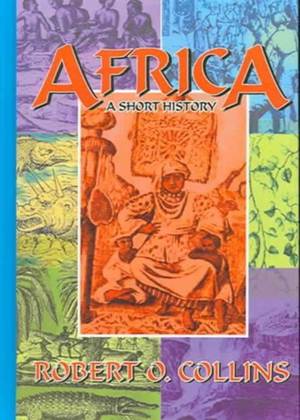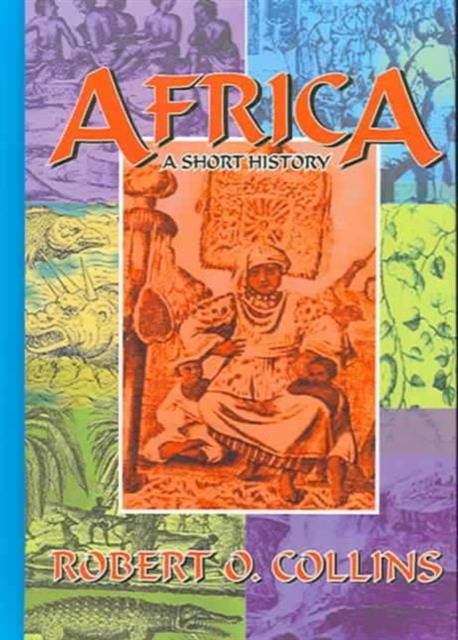
- Retrait gratuit dans votre magasin Club
- 7.000.000 titres dans notre catalogue
- Payer en toute sécurité
- Toujours un magasin près de chez vous
- Retrait gratuit dans votre magasin Club
- 7.000.000 titres dans notre catalogue
- Payer en toute sécurité
- Toujours un magasin près de chez vous
Description
In the forty-five years following the "year of African independence" from colonial rule in 1960, African and Western scholars in every discipline have un-covered myriad new facets of a rich cultural heritage preserved by ruins and the oral traditions of peoples in which the remembrance of things past was a principal dynamic of their education and cultures.
This concise but sweeping account of the African past, its peoples, and their institutions will be useful to readers who seek to gain an understanding of the major trends and developments in African history.
Beginning with the dynasties of the Nile valley, Robert Collins explains the importance of language in identifying the enormous human diversity of the Africans, the evolution of African societies into kingdoms and empires through new social structures, the introduction of Christianity and Islam, and the migra-tions of various groups. He then describes the arrival of the Europeans in the fifteenth century and the rise of the Atlantic slave trade, continuing with the brief but traumatic period of colonial rule and the nationalist movements for indepen-dence that ensued. Finally, he accounts for the struggles of Africans in recent years, including civil conflict, military dictatorships, and ethnic insurgencies, as the newly independent states of the continent mature.
Spécifications
Parties prenantes
- Auteur(s) :
- Editeur:
Contenu
- Nombre de pages :
- 258
- Langue:
- Anglais
Caractéristiques
- EAN:
- 9781558763722
- Date de parution :
- 03-02-21
- Format:
- Livre relié
- Format numérique:
- Genaaid
- Dimensions :
- 152 mm x 229 mm
- Poids :
- 548 g







